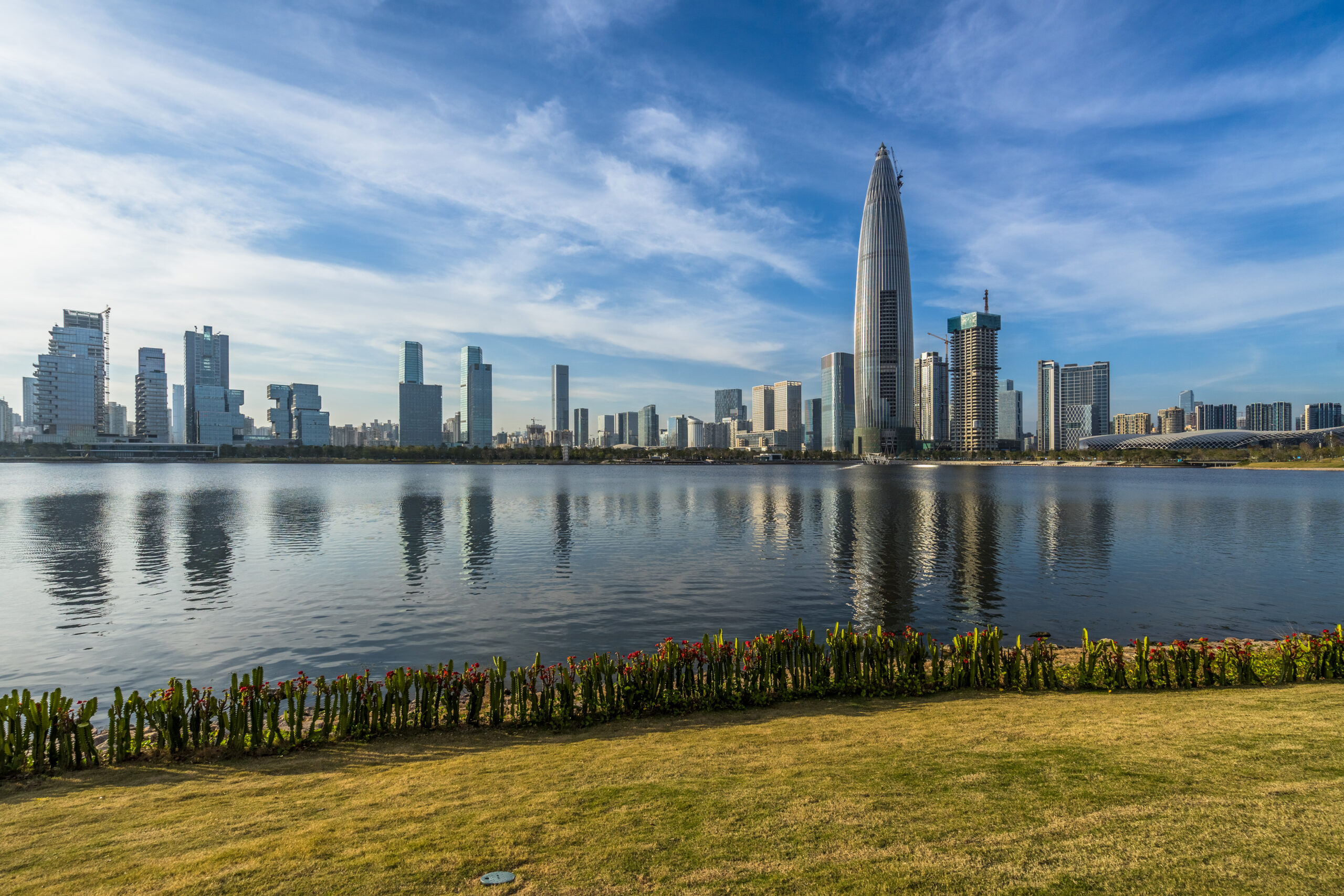
EPA Reclassifies Five Major Cities From Moderate To Serious Nonattainment For 2008 Federal Ozone Standard
September 1, 2019
By: Carol Kawa
On August 23, 2019, EPA published a final action in the Federal Register that determined five major cities – Chicago, Dallas, Houston-Galveston, New York and San Diego – failed to attain the 2008 federal ozone standard (0.075 ppm) by the attainment date of July 20, 2018. In addition, two other areas were classified as Serious nonattainment – Nevada County, CA and Greater Connecticut. All determinations were based upon ozone air quality monitoring data that showed that the 8-hour ozone design value for the area exceeded the standard for the 2015-2017 ozone seasons. These will be reclassified from Moderate to Serious nonattainment areas on September 23, 2019, the effective date of the final rule.
EPA issued proposed nonattainment actions in November 2018 and anticipated publishing a final action by January 2019. However, the final action was delayed when EPA received a request to schedule a public hearing around the time of the government shutdown. Therefore, due to this delay, subsequent regulatory deadlines required by this ruling reflect a compressed timeline in order to demonstrate progress for the near-approaching next ozone attainment deadline.
The responsible state air agencies for the newly designated Serious nonattainment areas must submit State Implementation Plan (SIP) revisions and implement controls to satisfy requirements specific to Serious nonattainment areas. These SIP revisions and as well as concurrent implementation of these revisions are due by August 3, 2020 with an attainment deadline of July 20, 2021 based on the 2018-2020 ozone season air quality monitoring data. This deadline also coincides with the deadline for areas classified as Moderate and higher (San Diego and New York city) for the 2015 NAAQS to submit SIP revisions. In short, one plan will be submitted for both standards for these areas. SIP revisions will follow a public review process prior to submittal.
Although EPA finalized the 2015 ozone standard SIP requirements rule, the final rule did not revoke the 2008 ozone standard. It remains to be seen when and how the 2008 standard will be revoked and replaced in a separate future action. Either way, the requirement to submit these SIP revisions for the newly designated Serious areas will not be affected.
SIP Revision Requirements
SIP revision requirements that apply specifically to Serious nonattainment areas include:
- Attainment Plan revision for submittal to state agency and EPA
- Major source threshold reduction from 100 to 50 tons per year
- Existing rule review to meet Reasonably Available Control Technology (RACT)
- Enhanced vehicle and maintenance program, if applicable
- Clean-fuel vehicle programs and transportation control measures
- New Source Review (NSR) program revisions
- Contingency measures
On September 11, 2019, Texas Commission on Environmental Quality (TCEQ) approved the proposal of the Houston-Galveston-Brazoria (HGB) SIP Revision in response to this Serious nonattainment classification. The 30-day public comment period opens on September 13, 2019 and the anticipated adoption date for this proposal is March 4, 2020.
More information about the final action can be found on the EPA website: https://www.govinfo.gov/content/pkg/FR-2019-08-23/pdf/2019-17796.pdf.
More information about the proposed TCEQ SIP Revision can be found on the TCEQ website: https://www.tceq.texas.gov/airquality/sip/hgb/hgb-latest-ozone
EPS will stay tuned to developing changes and provide updates as more information becomes available.
For more information on how this might impact your operations, please contact your EPS consultant.
 Carol Kawa, P.E.
Carol Kawa, P.E.
Senior Engineer
Carol has 10 years of experience in the chemical engineering and environmental compliance field, including industry experience and environmental consulting. Carol has conducted compliance audits, maintained air quality compliance systems, performed greenhouse gas and criteria pollutant inventories, and completed regulatory and compliance reporting documentation for facilities in a variety of industries.

